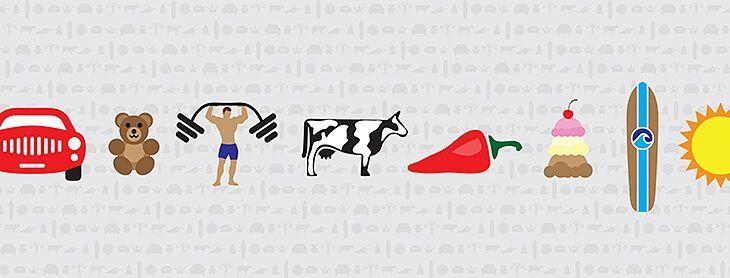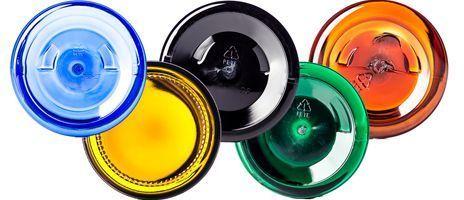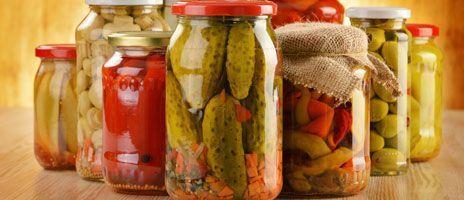Why the packaging industry booted "sustainable" for "efficient" label


I'm a big music fan. I enjoy a wide variety of tune-age (Check out Basement Jaxx and Paolo Nutini, then come talk to me). In fact, if I wasn't the literary voice of packaging I may have found my calling in ranting about how strict musical genres often limit and stifle creativity. The packaging industry recently worked to rectify a similar labeling issue. Keep reading to find out why sustainable packaging was dismissed for the more progress-tailored efficient packaging.
The Study
PricewaterhouseCoopers (PwC) recently published a report entitled, Sustainable Packaging: Myth or Reality. The study consists of information gathered from four different groups influenced by the packaging industry's sustainability debate, which include:
- Retailers
- Fast moving consumer goods companies (FMCG)
- Packaging producers
- Government and/or trade bodies
The exposé attempts to detail the role sustainability has played in these sectors over the past two years. It is in response to this report that industry leaders have decided to phase-out the sustainability term to describe their eco-friendly practices for a more all-encompassing efficient definition.
Areas of sustainability
The PricewaterhouseCoopers' study does a great job of breaking down the concept of sustainability in the context of packaging. The framework of the study is based on the sustainable nature of five central components present throughout the packaging supply chain journey.
- Raw materials
- Processing
- Wholesale and Retail
- Use
- Disposal
Sustainable vs. Efficient
Sustainability in its simplest definition relates to the most effective use of resources. This concept can translate into several applications. For instance, the use of fewer raw materials can result in lighter weight packaging. A practice like this isn't only sustainable (in the green sense of the term), but it's also efficiently resourceful and responsible. The concept to grasp here is to look beyond creating, selling and disposing of containers in an eco-friendly way and instead embrace the mantra of using every resource effectively for all it's worth (taking material costs and consumer spending trends into account as well) throughout the supply chain process.
Peter White from P&G was quoted in the study as saying, The debates about lightweighting, recycled content or recyclability as the ultimate measures of how sustainable a package is have been replaced by a more holistic debate around the product, the package and their use from inception to post-consumer use.
How efficient packaging can succeed
Renaming a troubled and aggressive five-year-old won't guarantee parents a child with a sunnier disposition. The same can be said for the packaging industry's push for efficient packaging. An organization of forces and unified vision will be required before forward progress can be made.
Anne Roulin from Nestle, one of the individuals interviewed in the PricewaterhouseCoopers' study explained the importance of a holistic view in order for the new terminology to fuel progress. It is even more important than ever before to find the so-called innovation sweet spot where consumer needs, environmental impact, technical and business capabilities converge, she said.
In the end, it's all about words, right?
Yes and no. The pandemonium surrounding the lingo of eco-friendly packaging may seem over-the-top and dramatic for some. It is just a word after all. Then again, after browsing over the highlights of Sustainable Packaging: Myth or Reality, it should be clear that a single word can wield a strong influence and alter the trajectory of an industry. Maybe sustainable wasn't the right choice, but with the industry's future at stake, it's worth giving the efficient jargon a whirl.
Will you adopt an efficient manner of packaging? Tell us why or why not in the comments.




